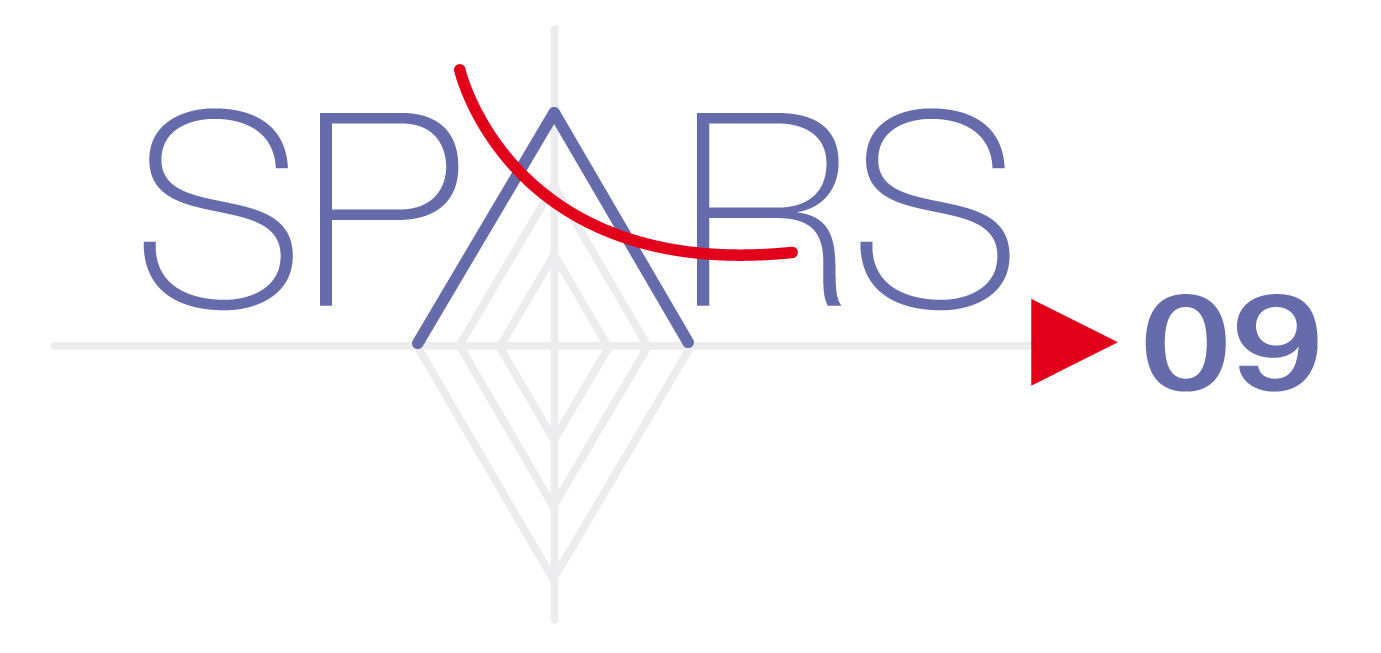A Greedy Algorithm for a Sparse Scalet Decomposition
Abstract
Sparse decompositions were mainly developed to optimize the signal or the image compression. The sparsity was first obtained by a coefficient thresholding. The matching pursuit (MP) algorithms were implemented to extract the optimal patterns from a given dictionary. They carried out a new insight on the sparse representations. In this communication, this way is followed. It takes into account the goal to obtain a sparse multiscale decomposition with the different constraints: i/ to get a sparse representation with patterns looking like to Gaussian functions, ii/ to be able to decompose into patterns with only positive amplitudes, iii/ to get a representation from a translated and dilated pattern, iv/ to constrain the representation by a threshold, v/ to separate the sparse signal from a smooth baseline. Different greedy algorithms were built from the use of redundant wavelet transforms (pyramidal and `a trous ones), for 1D signals and 2D images. Experimentations on astronomical images allow one a gain of about two in sparsity compared to a classical DWT thresholding. A fine denoising is obtained. The results do not display any wavy artifacts. This decomposition is an efficient tool for astronomical image analysis.
Origin : Files produced by the author(s)
Loading...

